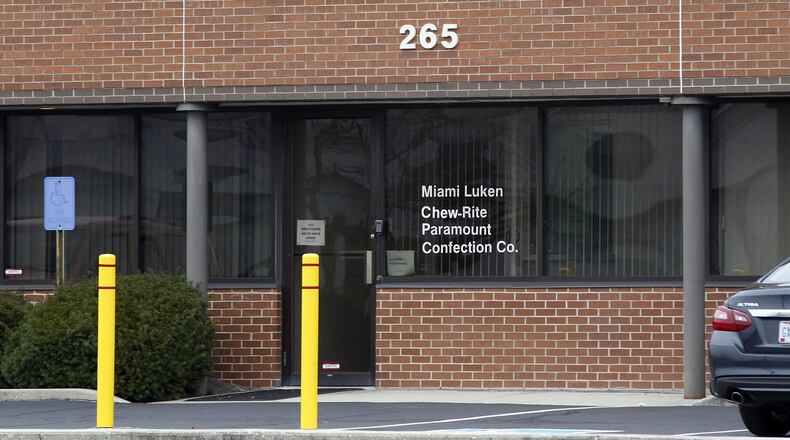The locally-based firm bought pharmaceuticals and other supplies wholesale and distributed them to pharmacies. The DEA and several lawsuits accused the company of fulfilling and profiting from suspiciously large orders of prescription opioids when the company had a legal responsibility to alert authorities.
The Springboro distributor and a dozen other distributors and drug manufacturers are now being blamed by the hospitals, which say they provided uncompensated care for treatment related to opioid abuse.
The complaint states that hospitals "bear an enormous burden in providing care, as insurance covers only a portion of the cost," according to West Virginia Record, which is a legal news publication.
A message was left with Miami-Luken’s attorney.
MORE: Rise and fall of Miami-Luken: Local firm blamed for opioid shipments
"West Virginia hospitals are at the front-line of the opioid epidemic, and our ability to deliver care has been compromised because of the enormous amount of resources we have had to dedicate to treating those affected by it," Dr. Ronald Pellegrino, chief operating officer at WVU Hospitals, said in a statement about the lawsuit. "This is a big step toward asking that the responsible parties be held accountable for the role they've played in this crisis."
Miami-Luken had operated for years without much name recognition but in recent years it became notorious for its distribution operation.
Its shipments were featured in a Pulitzer Prize-winning investigation by the Charleston Gazette-Mail. It was called out by a Washington Post investigation into how drugs end up in the hands of illegal drug users, saying senior company officials ignored concerns about a southern Ohio pain clinic, Unique Pain Management, in Wheelersburg. The clinic's physicians later pleaded guilty to federal crimes.
Miami-Luken chairman Joseph Mastandrea answered “yes” when asked at a May 2018 hearing before a Congressional committee if he thought distributors’ actions contributed to the opioid crisis. Prior to 2013, the company made “rudimentary efforts” to monitor suspicious orders and decisions on what constituted a suspicious order were made based on “one’s feeling,” Mastandrea said.
At the time, Mastandrea pointed some blame toward management that had already left the company.
About the Author
